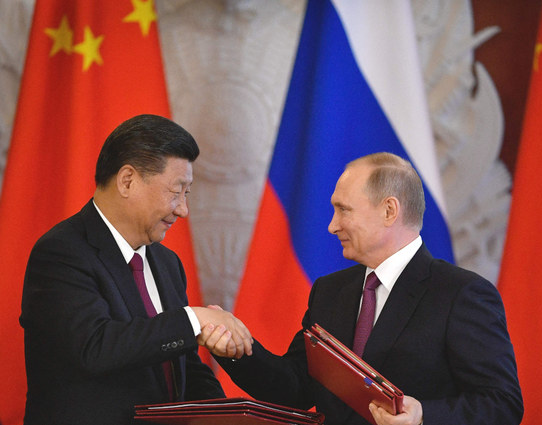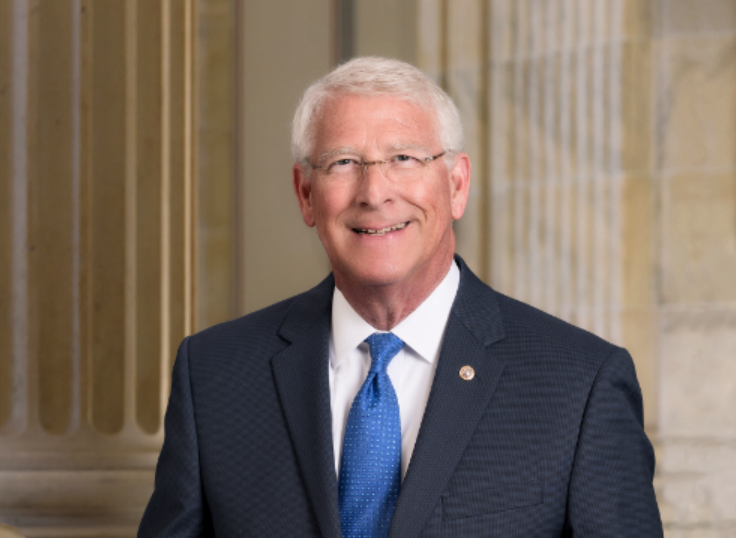“The Transatlantic” is series of conversations hosted by the U.S. Helsinki Commission on human rights and comprehensive security in Europe and beyond. The Helsinki Commission, formally known as the Commission on Security and Cooperation in Europe, promotes human rights, military security, and economic cooperation in 57 countries in Europe, Eurasia, and North America.
Mission
We are a U.S. government commission that promotes human rights, military security, and economic cooperation in 57 countries in Europe, Eurasia, and North America.
Nine Commissioners are members of the Senate, nine are members of the House of Representatives, and three are executive branch officials.
Learn MoreRecent Updates
- Filter By:

Responding to China’s Infiltration and Coercion in E...
Mar 04, 2026

HEARING—Responding to China’s Infiltration and Coerc...
Mar 04, 2026

Helsinki Commission and Ukraine Caucus Leadership Ma...
Feb 24, 2026

Georgian Dream’s Escalating Crackdown on Dissent
Feb 11, 2026

BRIEFING—Georgian Dream’s Escalating Crackdown on Di...
Feb 11, 2026

Ranking Member Cohen Condemns Sentencing of Hong Kon...
Feb 09, 2026

Bipartisan Helsinki Commission Leadership Urge Depar...
Feb 06, 2026

Securing Syria’s Transformation by Diminishing Russi...
Feb 03, 2026

HEARING—Securing Syria’s Transformation by Diminishi...
Feb 03, 2026

Bipartisan Helsinki Commission Leadership Ask Admini...
Jan 15, 2026

Bosnia and Herzegovina at a Crossroads: Thirty Years...
Dec 18, 2025

HEARING—Bosnia and Herzegovina at a Crossroads: Thir...
Dec 18, 2025
In the News
Russia is escalating its dangerous shadow war against NATO, and there are fears it could get a lot worse
Jan 18, 2025
U.S. Leadership is Essential to Fight Russia’s Covert War on the West
Jan 20, 2025
Russia Commits Genocide Against Ukrainian Children, US Lawmaker Tells Kyiv Post
Georgian Dream is breaking down the opposition, leader by leader
Jun 05, 2025









